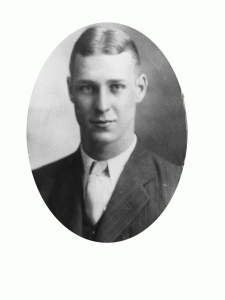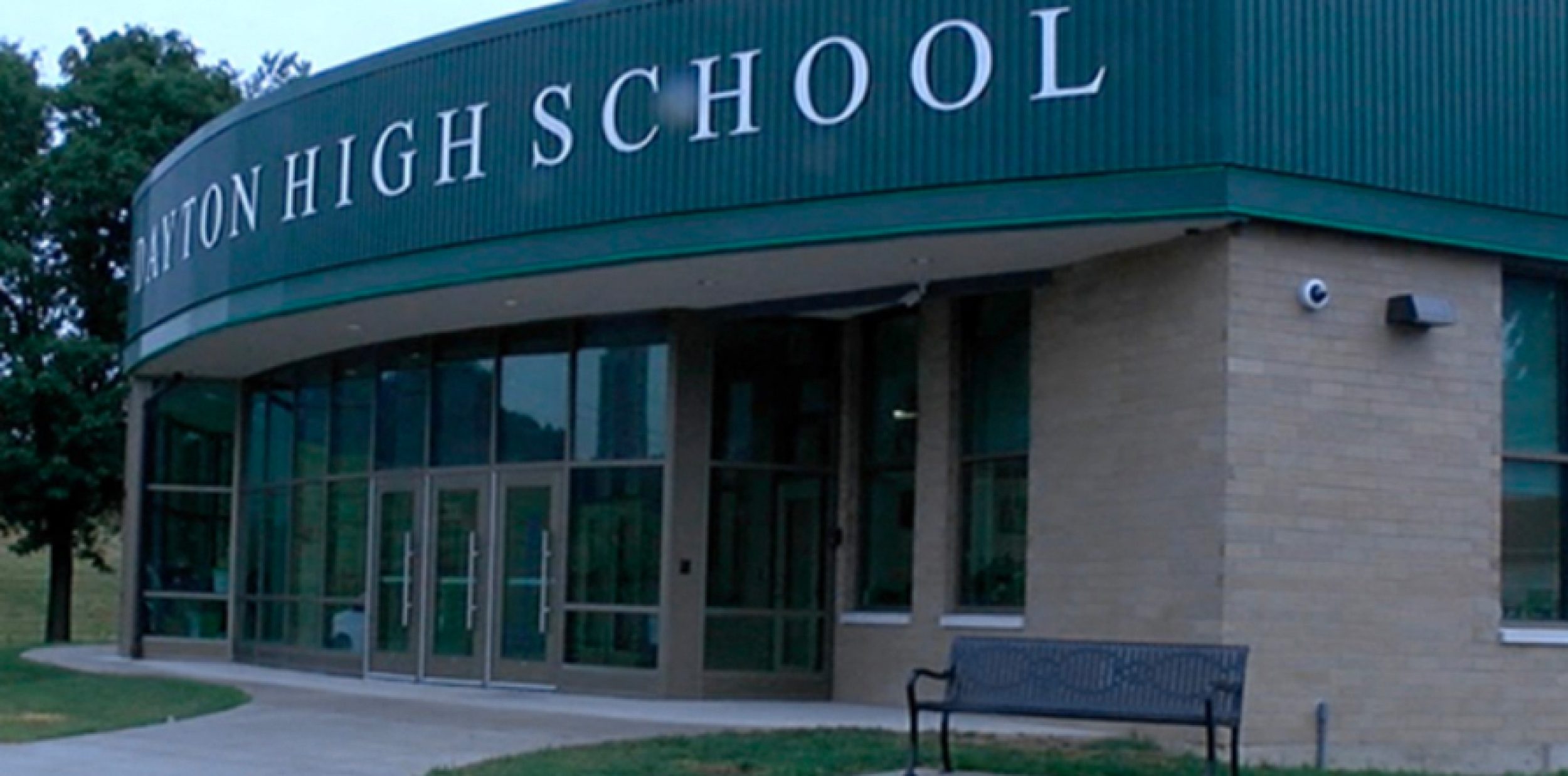Inducted Class of 2019

In the 1930s, Army Colonel Roy F. Pille was a Kentucky schoolboy whose speed during high school football workouts prompted his coach to recommend track and field.
“It was a fluke that he did it,” said his daughter Judith Pille Castaldi, of Chestnut Hill in Brookline. “The coach said, ‘Pille, why don’t you run some laps?’ “
Colonel Pille traveled to Berlin, where the 1936 Olympics were held, and his experience there cemented his love of country as well as track and field. When World War II hit, he joined the 85th Infantry Division and spent the rest of his life combining his military career with volunteering to coach hundreds of youngsters through Special Olympics and other track programs in Indiana, Florida, New Mexico, and Ohio.
He died Jan. 2 at Heathwood Golden Living Center in Chestnut Hill in Newton, following a brief illness. He was 93.
“He never brought up his accomplishments unless you brought it up,” said his friend Melvin Garten of Lake Oswego, Ore., who was also a colonel.
Garten and Colonel Pille were fellow warriors who remained friends for more than 50 years after meeting at advanced infantry training in Fort Benning, Ga.”In all that time, he has been a professional soldier who shared his strength, knowledge, and abilities with everyone. He’s been an extraordinary help to young people, friends, and anyone who needed assistance,” Garten said.
Colonel Pille refused to surrender to old age. The two often played golf together in Tampa in the 1980s. Garten, who lost a leg in Vietnam, would ride in a golf cart but Colonel Pille refused the ride. “He walked. He wanted to maintain himself,” Garten said.
Colonel Pille, who was the youngest of five children and the first to earn a high school degree, met his wife, Virginia, while growing up in Dayton, Ky.
They were married 41 years and had two daughters. His wife died in 1981 and daughter Mary Pille Gutierrez died in 2005.
He earned a master’s degree in education from Indiana University and a master’s in business administration from University of Texas.
He coached track and field and football at Ohio University before World War II.
In 1957, Colonel Pille was sent to South Vietnam as a military adviser and survived a bombing that destroyed his quarters. “He was in Vietnam before anyone knew where it was,” his daughter said. “When he got the orders, we had to look it up in the encyclopedia.”
After Vietnam, he was a professor of military science at New Mexico State and a senior instructor at Fort Benjamin Harrison in Indianapolis.
He retired from the Army in 1968 and became dean of students at Marian College in Indianapolis.
Retiring from academia as a professor emeritus, Colonel Pille moved in with his daughter’s family five years ago. She said her father was never “your classic chest-thumping militarist.” He bemoaned US involvement in Iraq and voiced disgust at soldiers’ lives being lost there, she said.
Colonel Pille had a deep sense of life’s highest priorities, said son-in-law David Castaldi. “He wasn’t someone burdened down by the baggage of things in life,” he said. “He related to people of all ages, but especially children. When he was no longer able to coach them, he just related to them.”
Colonel Pille struck up a friendship with a 7-year-old girl who lived next door. The Castaldis were surprised recently to discover the child had invited Colonel Pille to her piano recital and dispatched her father to pick him up.
“He was an extraordinarily rich man in his appreciation of life,” Judith said.
In addition to his daughter, Colonel Pille leaves five grandchildren and two great-grandchildren.
A funeral Mass will be said at 10 a.m. today in St. Cecilia Church in Boston. Burial will be in Fort Sheridan, Ill.
